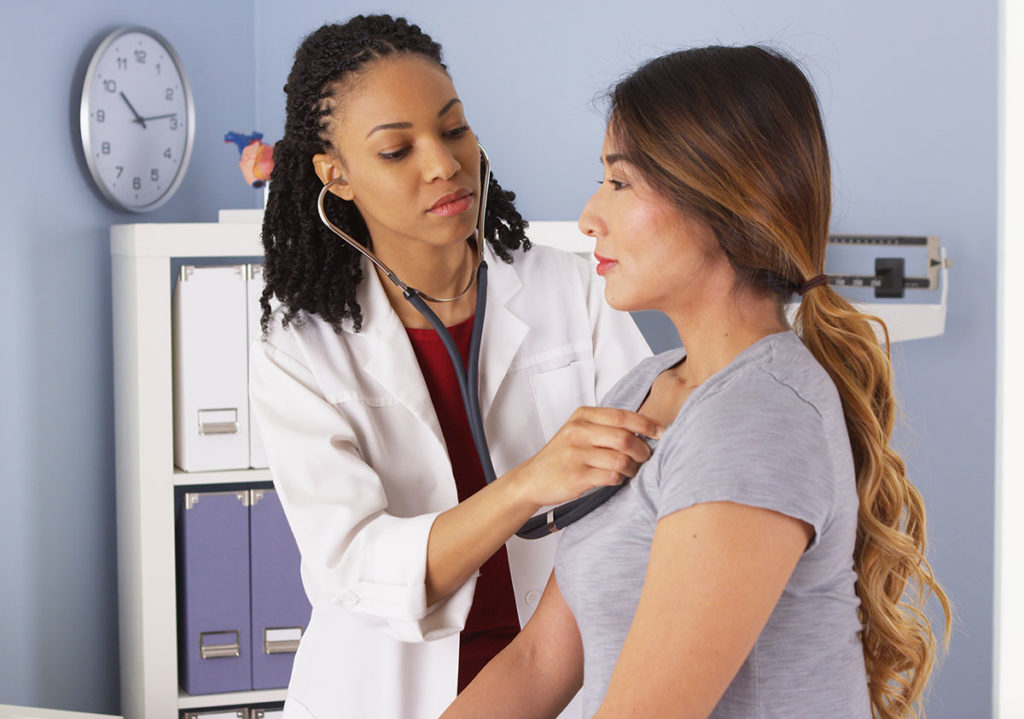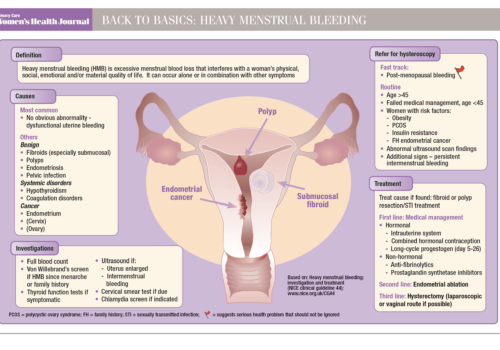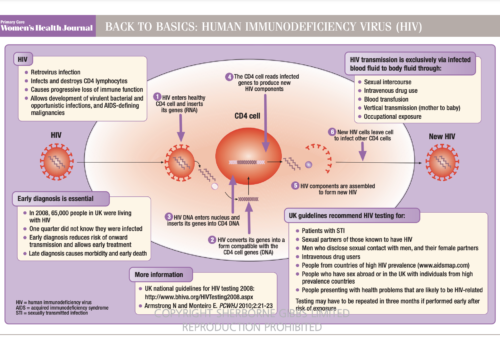In our Contraception and Sexual Health service, we continue to receive a small but steady stream of GP referrals requesting a change of intrauterine device (IUCD) or intrauterine system (IUS) for women with actinomyces-like organisms (ALOs) on their cervical smear report. All of the women have been asymptomatic and happy with their IUCD/IUS. It is time that we cleared up continuing confusion about the implications of colonisation with ALOs to protect women from unnecessary and potentially harmful changes of contraceptive device.

























